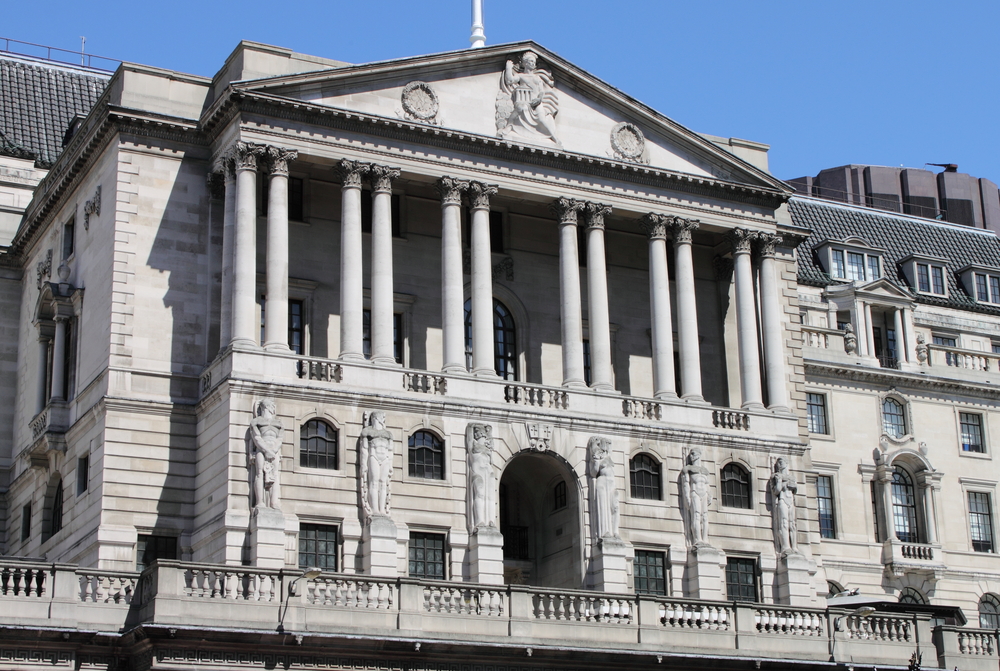Mortgages
Base rate rises to 5.25% but fixed mortgage deals should remain stable

The Bank of England has raised the base rate 14 times in a row to reach 5.25%. Variable rate mortgage holders will pay more almost instantly, while fixed rate deals aren’t expected to be hiked – and could even come down.
The Bank’s Monetary Policy Committee (MPC) voted by a 6-3 majority to raise interest rates by 0.25 percentage points from 5% to 5.25%. Two members preferred to increase Bank Rate by 0.5 percentage points, to 5.5%, and one member preferred to maintain Bank Rate at 5%.
It was last at 5.25% in February 2008, but is forecast to peak to just over 6% before averaging just under 5.5% over the next three years.
This is now the fourteenth base rate rise since the Bank started its hiking cycle in December 2021 from the historic 0.1% low in a bid to curb soaring inflation which has actually dropped to 7.9% in the year to June.
According to the Bank’s latest projections, inflation is set to fall further to around 5% this year and return to its 2% target by Q2 2025.
Elsewhere, calendar-year GDP growth is expected to be 0.5% in 2023 and in 2024, and 0.25% in 2025.
Mortgage rates under the spotlight
This latest rise will feed into higher mortgage costs for the two million homeowners on variable rates.
According to calculations by Moneycomms for TotallyMoney, a 0.25 percentage points hike will lead to another £32 increase in monthly mortgage repayments (based on the average UK property costing £270,708 with a 75% LTV).
However, since the rate hikes, the average homeowner will be forking out an extra £600 each month compared to December 2021.
For Londoners, the figures are starker. Given the average house price was £519,934, these homeowners will be hit with an extra £61 per month on repayments. Overall, the average homeowner is now paying £1,139 per month more than before the hikes began.
Meanwhile, homeowners on fixed rate mortgage deals are protected, but with an estimated 800,000 set to mature in the second half of this year, they may be in for a bill shock when they come to remortgage. Many will be going from sub-2% deals to closer to 6% now.
However, brokers say the expected base rate rise has already been priced into fixed rate mortgages which will have no impact on deals available.
Craig Fish, managing director at London-based mortgage broker Lodestone, said: “This will have no impact on the fixed rates that are available. Most fixed rates on offer right now already have a rate rise factored into them. What is going to impact them, though, is the release of the inflation data on 16 August and what that does to SWAP rates, which influence mortgage pricing. If, as expected, inflation falls then I suspect we may see more lenders continue to lower rates as we have seen over the past week.”
What about savings and debt costs?
For savers, rate hikes are usually good news. But as we were already expecting a rise, as with mortgages, this has largely been priced in so savers shouldn’t expect to see a big leap in interest rates.
In fact, while savings rates have risen across the board over the past month, the pace has slowed, according to Savings Champion, as the market expects the base rate peak to be in sight.
However, for those with debt and credit cards, it could mean higher rates, making it more expensive to pay back any money borrowed.